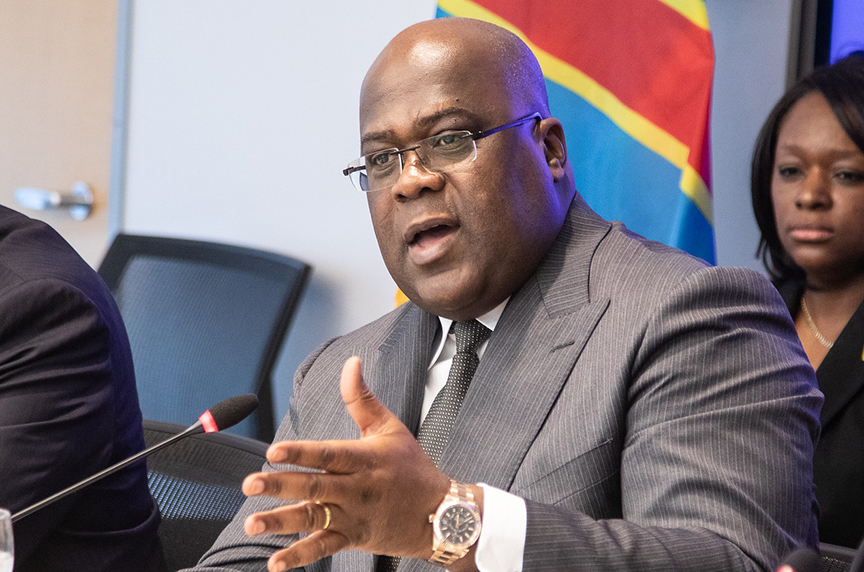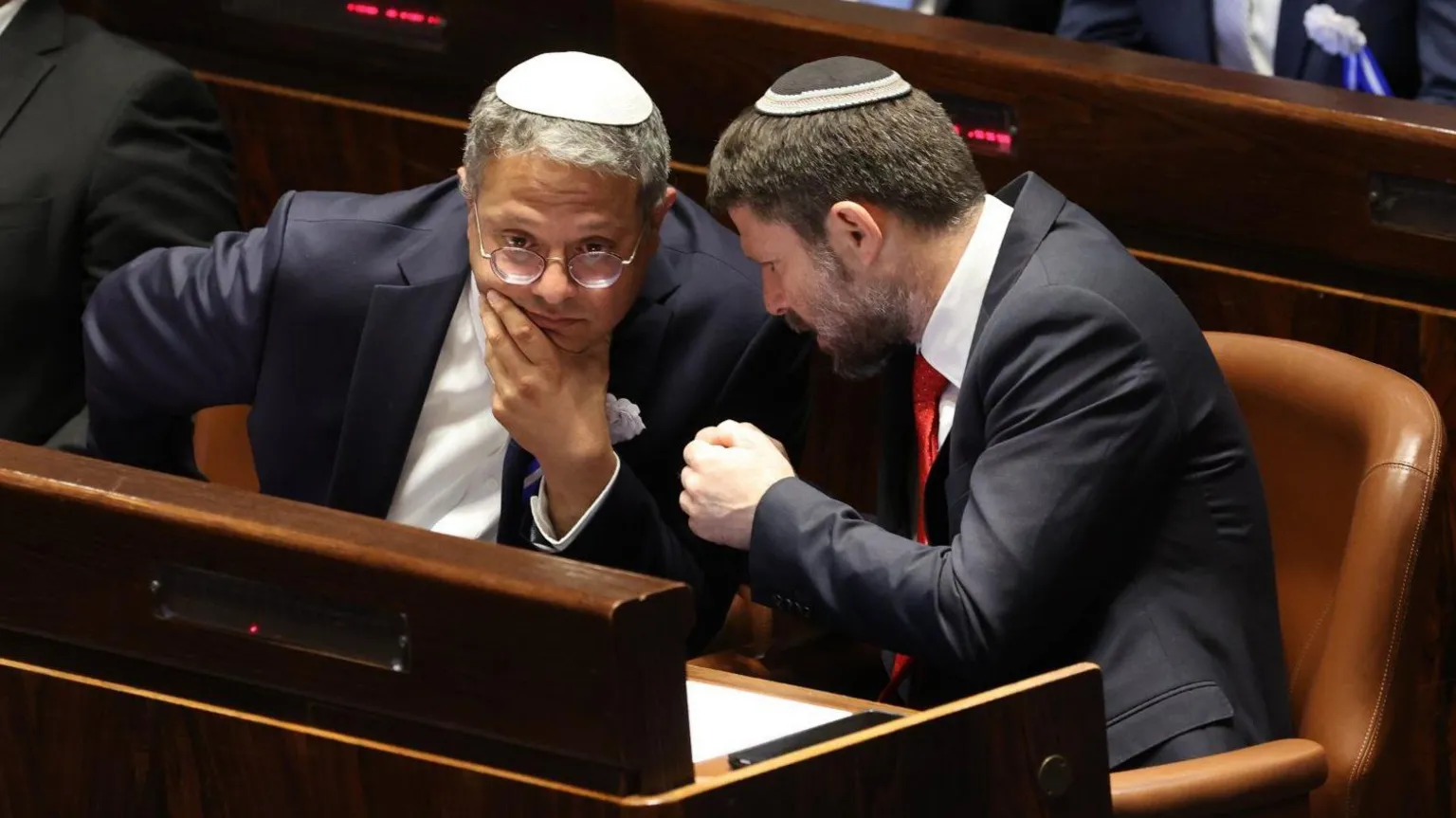By The Weekly Vision Team
DRC President Félix Tshisekedi has expressed dissatisfaction with Kenya’s role in the peace process in the eastern Democratic Republic of Congo (DRC), particularly criticizing President William Ruto for the lack of progress. Tshisekedi’s grievances stem from the perceived ineffectiveness of the East African Community Regional Force (EACRF), which includes Kenyan troops, in dealing with the M23 rebel group and other armed factions in the region.
Tshisekedi argues that the EACRF has not met the Congolese government’s expectations of engaging in offensive operations against the rebels. Instead, the force has focused on facilitating peace processes, which Tshisekedi believes undermines the government’s efforts to assert control over the eastern provinces. This difference in approach has led to tensions between the DRC and Kenya, with Tshisekedi accusing Ruto of not fully committing to the military support required to stabilize the region.
Furthermore, the peace talks facilitated by the East African Community (EAC) and led by former Kenyan President Uhuru Kenyatta have faced challenges, including accusations of insufficient progress and non-implementation of agreements. Despite these setbacks, efforts to maintain dialogue and seek a long-term political solution continue, with both sides acknowledging the complexity of the conflict and the need for sustained efforts.
The effectiveness of the East African Community Regional Force (EACRF) in the Democratic Republic of Congo (DRC) has been called into question due to several factors, key among them:
Mandate and Mission Clarity
The EACRF’s mandate primarily focuses on peacekeeping and facilitating dialogue rather than engaging in direct combat operations against rebel groups. This limited mandate has led to criticism from the DRC government, which expects a more aggressive approach in dealing with the M23 rebels and other armed factions.
Operational Constraints
The force faces logistical and operational challenges, including inadequate resources, difficult terrain, and the complexity of the conflict environment in eastern DRC. These constraints hinder the EACRF’s ability to conduct effective operations and maintain a strong presence in volatile areas.
Political and Strategic Differences
There are significant political and strategic differences between the DRC government and the contributing countries of the EACRF, including Kenya. These differences affect the cohesion and unified action of the force. For example, while the DRC government desires a more robust military response, other countries may prioritize diplomatic and peacekeeping efforts.
Lack of Coordination and Support
Effective coordination between the EACRF, the DRC government, and other international actors is lacking. The force requires better integration with local and international efforts to stabilize the region. Additionally, there is a need for more substantial support in terms of funding, equipment, and strategic planning.
Complexity of the Conflict
The conflict in eastern DRC is highly complex, involving multiple armed groups with different agendas. The presence of valuable mineral resources exacerbates the situation, as various factions vie for control. This complexity makes it difficult for any peacekeeping force to achieve significant progress in a short period.
Accusations of Partiality
There have been accusations that the EACRF is not impartial, with some parties believing that the force favours certain groups over others. This perception undermines the credibility and effectiveness of the force in mediating and managing the conflict.
The EACRF’s ineffectiveness in the DRC is due to a combination of mandate limitations, operational constraints, political and strategic differences, lack of coordination and support, the complexity of the conflict, and accusations of partiality. Addressing these issues requires a more cohesive strategy, increased resources, and enhanced cooperation among all stakeholders involved in the peace process.





